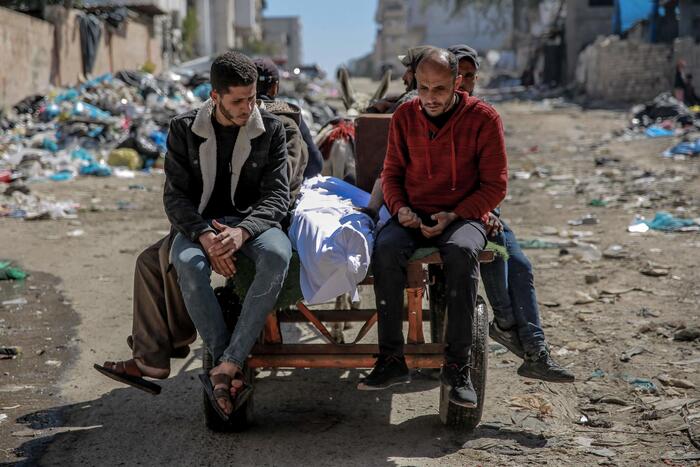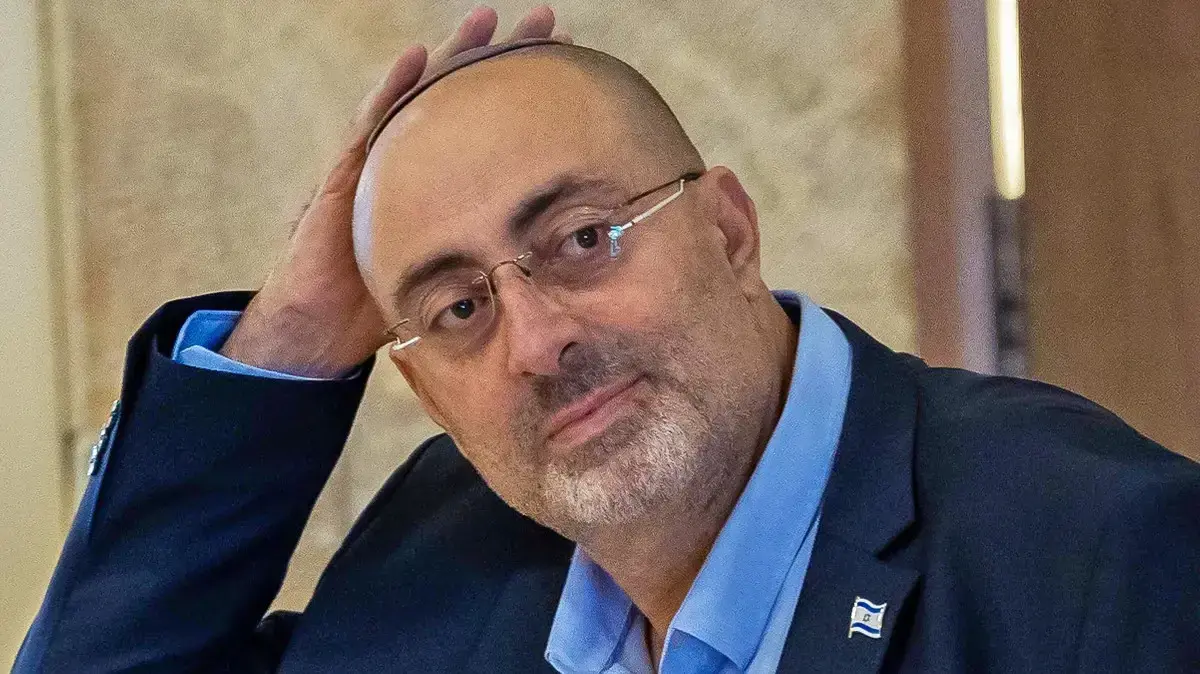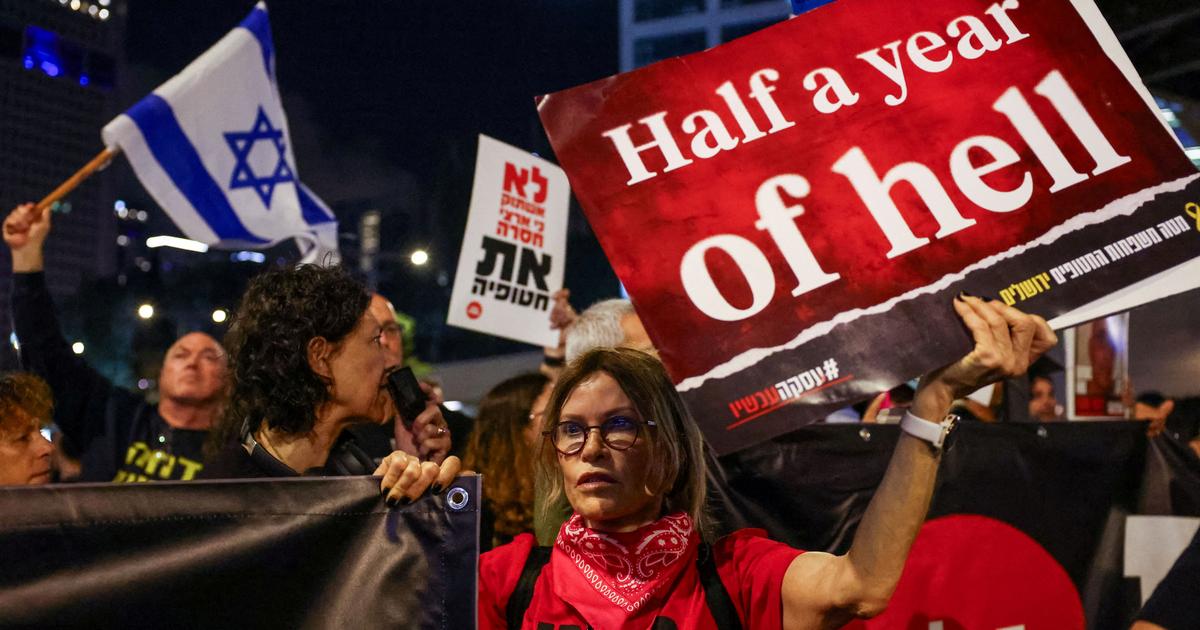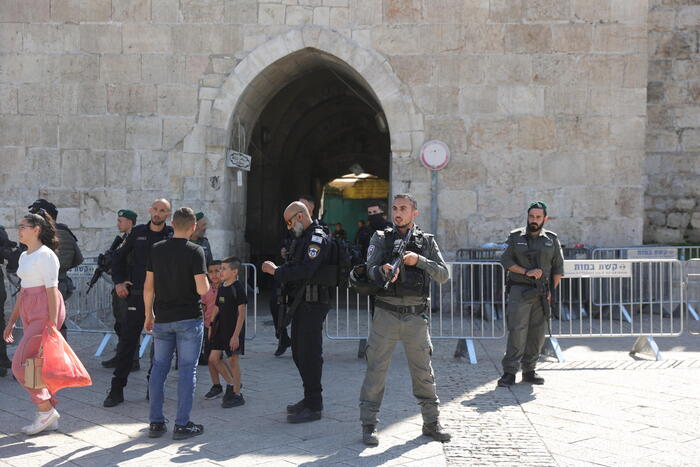"Seventh Night in November", an autobiographical novel by the late Zev (Vladimir) Friedman about the life of a young Jew in the Soviet Union, opens with an everyday, routine and unpretentious description - a good camouflage for the volcano that will erupt when the reader clears the first pages. Like an experienced hunter, Friedman puts the The reader creates the impression that the novel will take place comfortably in the middle between the "Cultural House for Textile Workers" and the horrifying Soviet cooperative apartment, and then hits him with full force.
With the stroke of Friedman's pen, the normal Soviet life will recede for one night, the night of adventures and mirage visions, the night of soul reckoning and heart shocks, which happened to the Jewish doctoral student Misha Feldman, a young man who receives the difficult news about his ex-fiancée's marriage and decides to drown his sorrows in alcohol.
He did not invent this medicine - millions were helped by it before him, and many more millions use it to overcome the difficulties of existence even today, but "The Night of the Seventh of November" is no longer a surrealist mask of drunken hallucinations in the style of "Moscow - Petushki" by Vendikat Yurofiev.
Friedman's work is not content with criticizing the vanities of the communist world and taking an ironic look at its false idols;
Unlike the others, it offers a Jewish alternative to the madness that gripped the largest country in the world.
The time of the events obviously has a deep metaphysical meaning.
November 7, the day of the revolution, was raised in the Soviet Empire to the status of a sacred date of the beginning of a new era, and Friedman chose it, or rather the night before it, with deliberate intent.
In his book, the harsh reality of the Soviet Union is compared to a dark night, although this night is different from all nights: "The night of Valforgis, the night on the bald mountain, the night of the debauchery of the atheist communists, the night of the great October socialist revolution."
The motif of the night is deeply rooted in the history of literature, especially in the tradition of Russian literature and poetry.
Night is the mysterious and unpredictable part of the day, and even though we all know that eventually the light will break, the darkness always threatens, deters and hides.
The element of concealment is just as inherent to the night as the element of silence, and both play a central role in "Seventh Night in November".
The shroud of darkness that has descended on an ordinary Soviet city hides its Jewish past, suppresses the voices of Misha's ancestors - and only he will have the strength to break the silence and see the hidden.
Surprisingly for a writer whose first (and tragically last) novel, Friedman turns out to be the master of magical realism, the same kind of witch that characterized the work of Gabriel Garcia Marquez, Mikhail Bulgakov, Jorge Amado and Jorge Luis Borges.
Garcia Marx himself once lamented that one of his difficult problems was the demolition of the line that separates what seems to be reality from what seems to be fantasy, whereas in Friedman the disappearance of this line is so natural and organic that the reader has difficulty remembering its existence and accepts the dizzying mixture of the realistic and the fantastic as a matter of course.
His personal story has clear parallels to the character of Misha Feldman.
Friedman grew up in the Soviet era, and like his hero, he did not fit in with the false and crude plays that took place around him.
Like many good people, he found refuge in the world of music, "an island dominated by spirituality", but the Soviet authorities could not allow a man to escape into his bubble just like that.
Misha's phantasmagorical conversation with the KGB was also preceded by a meeting of threats experienced by the real Zeev when he was taken by the Harash agents for a crowded 6-hour conversation, in which they tried to extract from him details about Jewish attitudes and recruit him - without success. After the refusal to the KGB, all the doors were closed to the young musician until the fall of the Iron Curtain.
In 1990 Friedman left the Soviet Union and immigrated to Israel.
Here he continued his musical career, playing in the "Symphoniata" orchestra, and became a successful lecturer.
The writer passed away prematurely in 2009, at the age of forty-nine.
"The Night of the Seventh of November" was published by his mother after his death.
"I have to reckon with the past," Friedman wrote in one of his notes.
"With the youth, with the city of Rostov, with love, with the KGB, with the cemetery.
To do it in one fell swoop, that is, within one work, and it doesn't matter how big it is - it will be divided into chapters, but one." However, "Night of the Seventh in November" is the reckoning of an entire generation and not of a single person. The struggles of the fictional Misha are well known to thousands of people and blood, who, like him, vacillated between the fear of the all-powerful regime and the command of the inner voice that required them to challenge the imposed reality. In Friedman's novel, the previous generations come to the aid of Misha who insists on remaining Jewish; in real life, loyalty to the inner voice required mostly courage. Either way, in the novel And in life, Judaism survived, and no debauched nights of November 7 could do it.
"The Night of the Seventh of November" leaves the reader with a pinch of indelible taste, and that is the difference between a good novel and just a book.
The story of the collision of two worlds - the horribly fake Soviet world, devoid of values, ugly and cartoonish and the world of the hero of the novel fighting for his spiritual survival - is written with wonderful grace, and instills optimism, despite everything.
If we insist, the evil will retreat at dawn, even if the road in the depths of the night will be shrouded in pitch darkness.
A famous film director who read "The Night of the Seventh of November" eagerly asked to adapt the novel into a film.
Time will tell if his intention will come to fruition, and if the result will equal the literary virtuosity of Zeev Friedman.
In the meantime, we are left to enjoy the merit inherent in the book and regret that such an impressive author was taken from us so early.
Zeev Friedman / The night of the seventh of November;
From Russian: Vladimir Gluzman, Masha Zur-Gluzman, Pardes, 295 p.
were we wrong
We will fix it!
If you found an error in the article, we would appreciate it if you shared it with us









